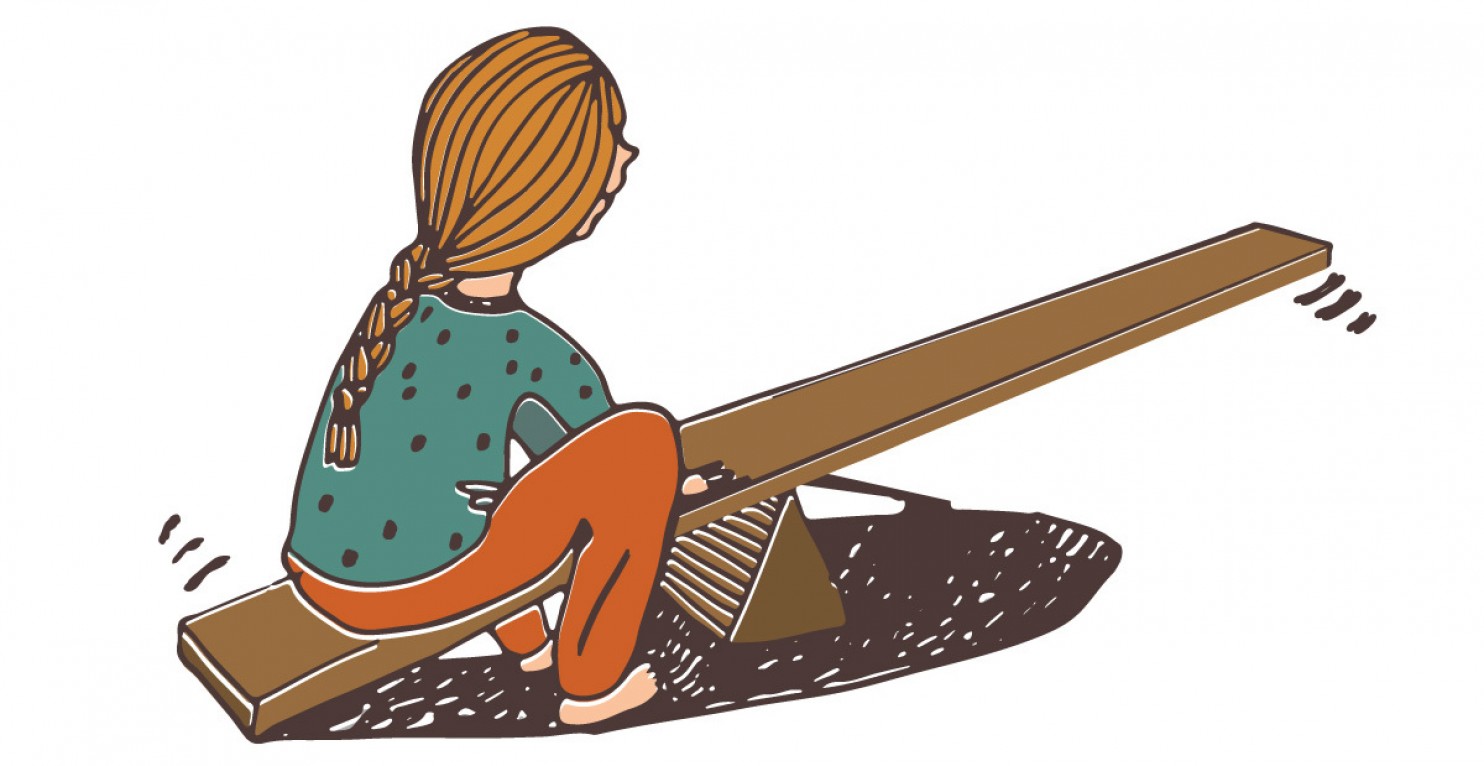
(iStockphoto)
A: This is a mystery, isn’t it? When we line up the puzzle pieces, something just isn’t working. From the outside, everything seems to be in her favor: She’s extroverted, smart, funny and involved in activities, yet she is suffering. Let’s take a broader look at this.
We can begin by talking about our society’s obsession with groups and friends. Whether it’s social media or our children’s peer culture, children are constantly receiving the message that friends are very important and that you need to have many friends to show your social status. America, especially, is preoccupied with socializing children, so much so that we now have classes for infants in the name of socialization. With school, play dates, activities, birthday parties and more, children are constantly being thrown together, and they are feeling more and more pressure to get invited to things.
Because we socialize our children at such a young age, more cliques and groups are forming at younger ages. Bullying behaviors that typically didn’t start until late middle school and high school are now beginning to crop up as early as kindergarten and first grade. Children as young as 6 are chronically whining that they need to be with their friends and are petrified to be left out.
The bullying and anxiety are not a result of children intrinsically changing; they are a result of the adults creating conditions that are developmentally inappropriate for children.
This pressure that our culture puts on children to have many close friends is a tremendous burden. Many children feel as if they are falling behind in the friend game, and the wounds of not being invited, not being included, not being wanted run deep.
Am I saying that your daughter shouldn’t have friends? Of course not. Children have wonderful imaginations, and some of their greatest play moments come from other children. The joy, laughter, scuffles, misunderstandings and genuine affection of childhood friendships are important. But it is easy for them to become too important.
So I would suggest that you approach your daughter not from the frantic standpoint of “You need friends. We must get you friends. Friends are a source of status.” This standpoint will only increase her suffering. Resist the urge to make friendships a project.
Instead, take a look at the discrepancy between how your daughter (and you) see her and how others may be seeing her.
A good place to start would be asking her teachers, present and past, about her behaviors in and out of class. Ask them how your daughter gets along with others and how others perceive her. Explain to the teachers that there seems to be a discrepancy between the energy your daughter is putting out in the world vs. how children are receiving her.
I would also contact the counselor and ask about a friendship group or social skills group. Although I’m not always a fan of these groups (sometimes they focus too much on teaching self-esteem), your child could pick up some important listening and conversation skills. With some small tweaks, your daughter could develop more confidence, establish friendships and find herself among some like-minded peers.
Finally, you mention that your daughter is part of activities, but be sure the activities are attracting the types of children your daughter likes. For instance, your daughter may love her drawing class, but it may be full of introverts.
Whatever path you take, please tell your daughter that friends are wonderful, but not everyone has a ton of them. Real, deep and meaningful friendships take time, and in the meantime, she is a valued and needed part of your family. You can promote her growth without laying on the pressure.
Send questions about parenting tomeghan@mlparentcoach.com.
Also at washingtonpost.com Read a transcript of a recent live Q&A with Leahy at washingtonpost.com/advice , where you can also find past columns.